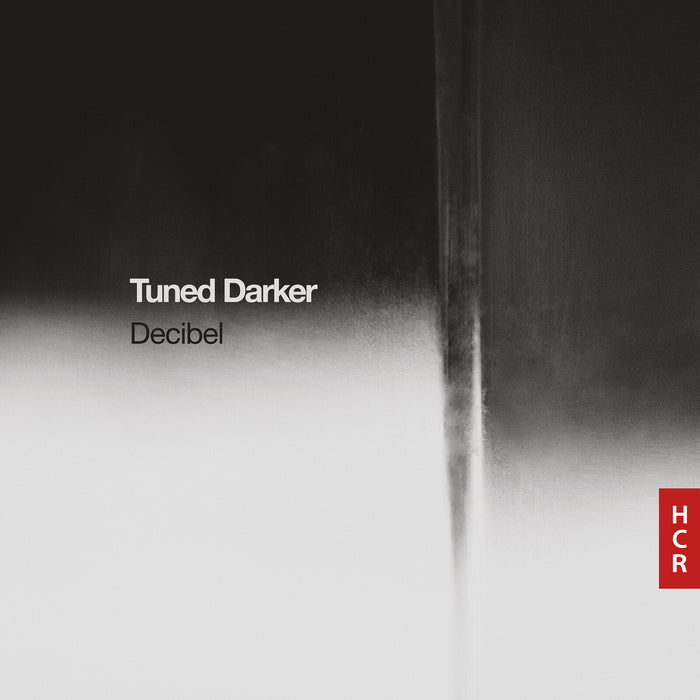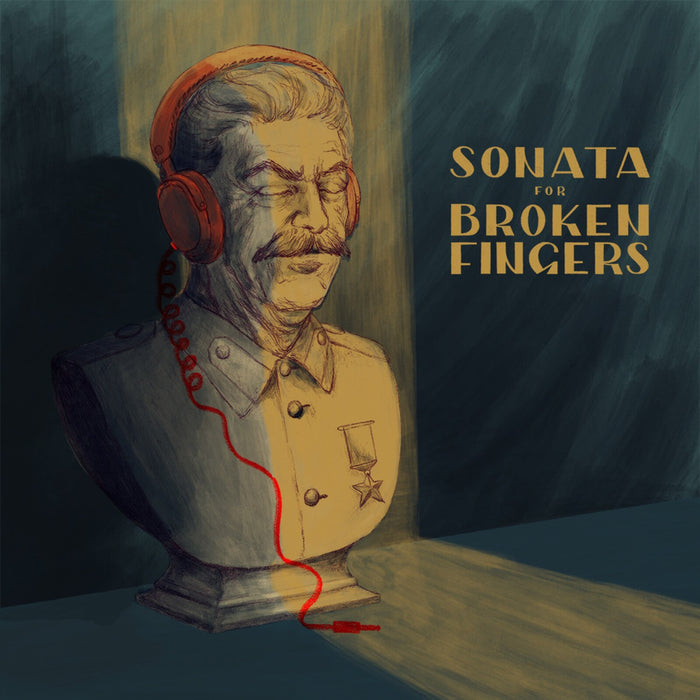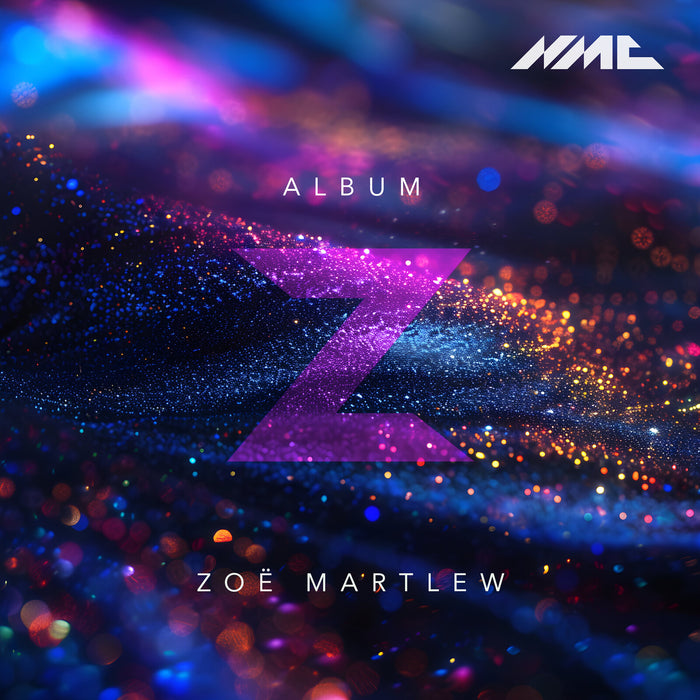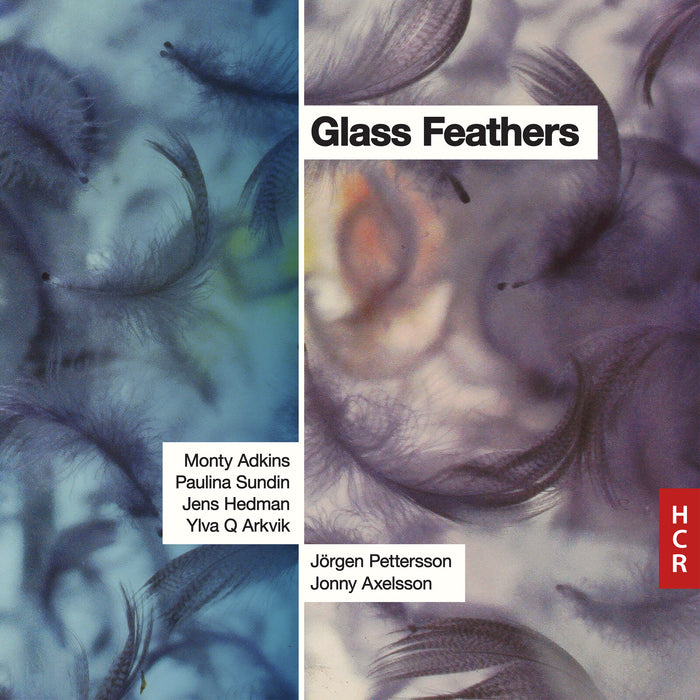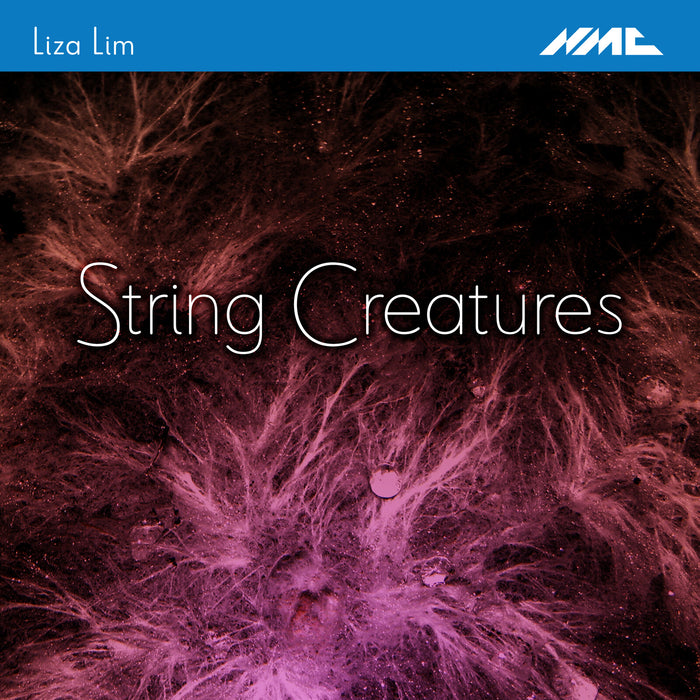Description
Shiva Feshareki (1987) is a British-Iranian composer, artist, and turntablist, described as "one of the most astonishing acts of musical alchemy of the last decade" (BBC Radio 3's Tom Service). As a musical thinker and experimenter she is fascinated by the materiality of sound, fearlessly warping time and space itself through the boundless possibillity of her turntables.
A self-described 'sonic architect', Feshareki's intrepid exploration of a 360-degree soundworld also encompasses composition for acoustic, 'note-reading' ensembles, where she re-theorises relationships between performer and audience, dissolving physical, historical, and sonic boundaries. In Turning World, Feshareki uses the turntables to ply and wield a multitude of strands together, combining her own composition with that of pioneering electronic musician Daphne Oram in a collaboration that interconnects different moments of time and history.
Aetherworld for choir (BBC Singers), organ (Kit Downes) and immersive electronics/turntables (Shiva Feshareki) was recorded at its BBC Proms premiere in 2021, and is exemplary of Feshareki boldly grappling with the dualities of music and meaning. Focussing on the natural harmonics of the voice, the choral material in Aetherworld is based largely on harmonic overtones, revealing the structure of the sound; the infinite harmonics nestled within a single fundamental pitch.
Using a range of technologies from vintage analogue turntables to state-of-the-art ambisonic live-sampling technology, Feshareki manipulates a recording of Josquin's Qui Habitat to invent new forms that "connect us physically and spiritually in time and space, allowing our minds to expand in any direction or dimension, within a shared moment" (Feshareki).
Still Point (1948–9) by Daphne Oram for double orchestra (London Contemporary Orchestra), five microphones and three 78RPM discs, is thought to be the earliest example of a composition specifying real-time electronic transformation of instrumental sounds. In the work, the double orchestra is 'acoustically treated,' creating one 'dry' orchestra (using acoustic baffles) and one 'wet' orchestra, which are then manipulated live in performance through turntables, amplification and echo effects.
Together with composer James Bulley, Feshareki extensively researched within the Daphne Oram Collection and related archives in order to realise the world premiere performance of the final score for Still Point, previously thought lost for over 20 years. Composed when she was only 23 years old, Still Point was to be the last piece that Oram wrote for orchestra before she co-founded the BBC Radiophonic Workshop in 1958, laying the roots for the new fields of British electronic music that were to come.
Over the last decade, Shiva Feshareki has been a pioneer at the leading edge of both contemporary classical and electronic and dance music scenes. She has performed extensively across the world in concert halls, art galleries, festivals and raves, with notable appearances at BBC Proms, The Tank at Tate Modern, Southbank, & Barcelona's Sonar Festival.


